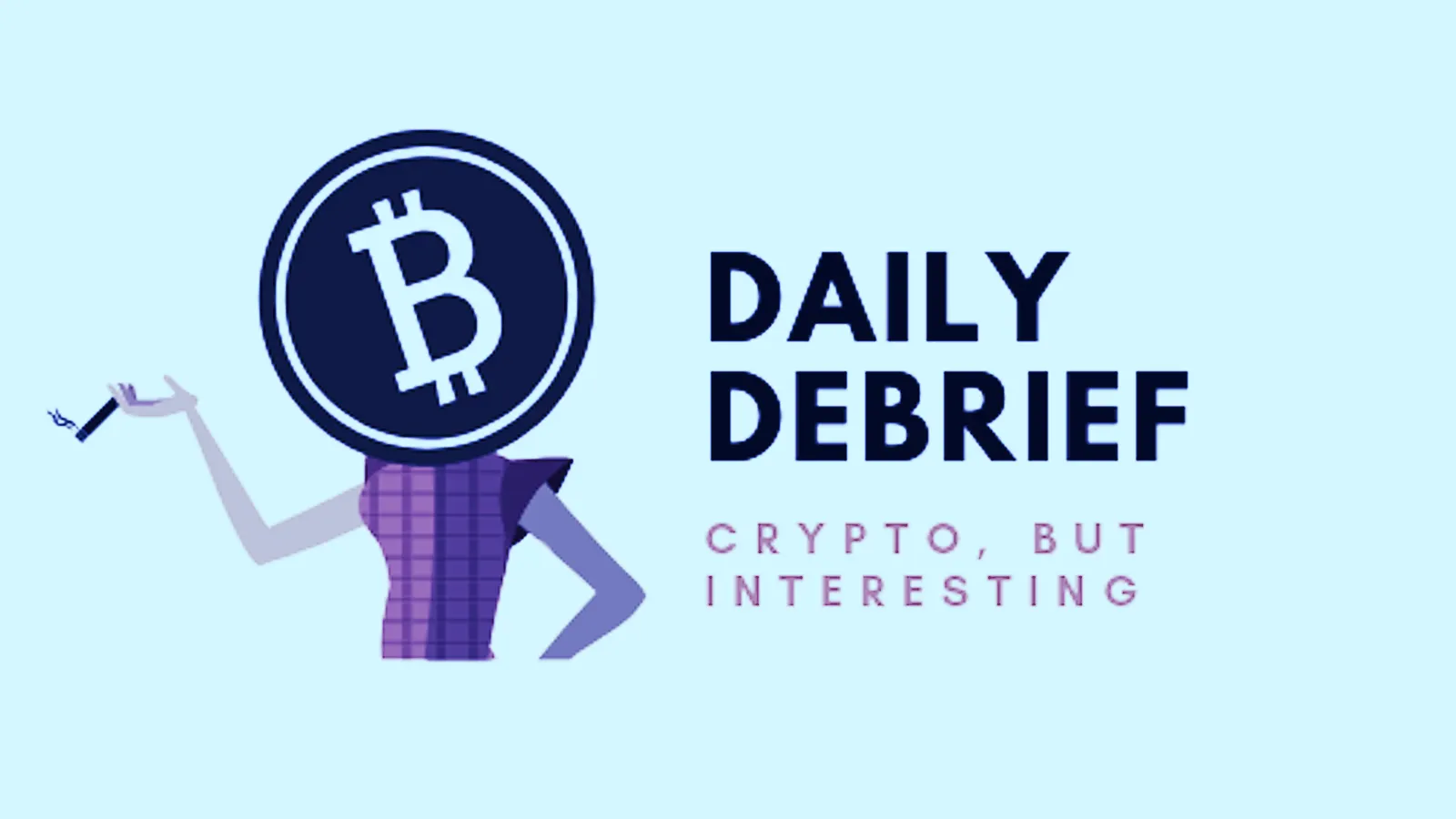Bitcoin, as those of you who are now bankrupt will know, is falling apart at the seams, along with most of the other currencies (besides Ripple). Overnight, Bitcoin managed to sink to a new low, at $4,500, knocking a further $3 billion off the market. (Debrief lost $700 million—please send donations to icantaffordtofeedmykids@gmail.com).
So it makes sense that masses of traders are seeking refuge in so-called stablecoins like tether, USDC, and the Gemini Dollar so as to quickly cash out their depleting funds without the hassle of converting to fiat—which, on some exchanges, is impossible.
Tether, for instance, has seen its market cap increase from $1.68 billion to $1.76 billion since Nov 17. Others, including Circle’s USDC, True USD, and DAI, have seen increases in trade volume of some 200 percent. But stablecoins, overloaded in this way, are notoriously...not stable. So we’ll see.
The stablexodus is also likely a response to bitcoin’s breaching of its $6000 “psychological support barrier,” the price long-time traders trust fresh-faced traders to buy in on, steadying the market in a bear run. Call Dr Fleischman and bitcoin’s next of kin; we need to stage an intervention.
BONUS: Lossmaker fumes, while...
I’m capitulating- fuck you all. I lost a lot of money. Fuck crypto, worst year of my life. Keep gambling fuckwits. I lost 7 grand. Fuck the lot of you I hate crypto and I hope you all commit suicide.
— Godl Member (@godlmember) November 18, 2018
...McAfee soothes:
People have panicked. But there's no fucking need. We're in a bear market. They suck, yes, and not like a hooker with no teeth. But I'm 73 and have seen this dozens of times in many markets. Bear markets are like Winter. It's always followed by a glorious Spring. Fucking relax.
— John McAfee (@officialmcafee) November 20, 2018
Cashing out
The Bitcoin Cash debacle, meanwhile, has reached an uneasy stalemate. Though BitcoinABC has basically won out—its price and trade volume are higher and more of its blocks have been mined—BitcoinSV, nChain chief Craig Wright’s failed-usurper token, will still be listed by some exchanges, including Kraken. But Kraken isn’t keen.
Indeed, it looks like Kraken’s only trading the token out of pity. On Monday, the company laid out a series of “red flags” that make Bitcoin Cash an “extremely high-risk investment.” Among SV’s woes are its “threatening and openly hostile” representatives, its “temporarily constrained” supply, the threat of miserable BCH whales “dumping everything ASAP” and crashing the market (more so), as well as concerns that its miners are “apparently subsidized or operating at a loss.” Printing money at a loss. What a world.
Second largest exchange OKEx, meanwhile, is under fire for its decision to adjust the price of futures contracts sold before the fork, supposedly costing buyers tens of millions of dollars, somehow (you can read how here). Facing cries of market manipulation, OKEx roundly denied that it had done anything bad, insisting its actions were based on “the consideration of market integrity and customer interests.” See? OKEx says it’s ok! Nothing to worry about. Yeesh.
Elsewhere on Decrypt
Read next: Normal business model

